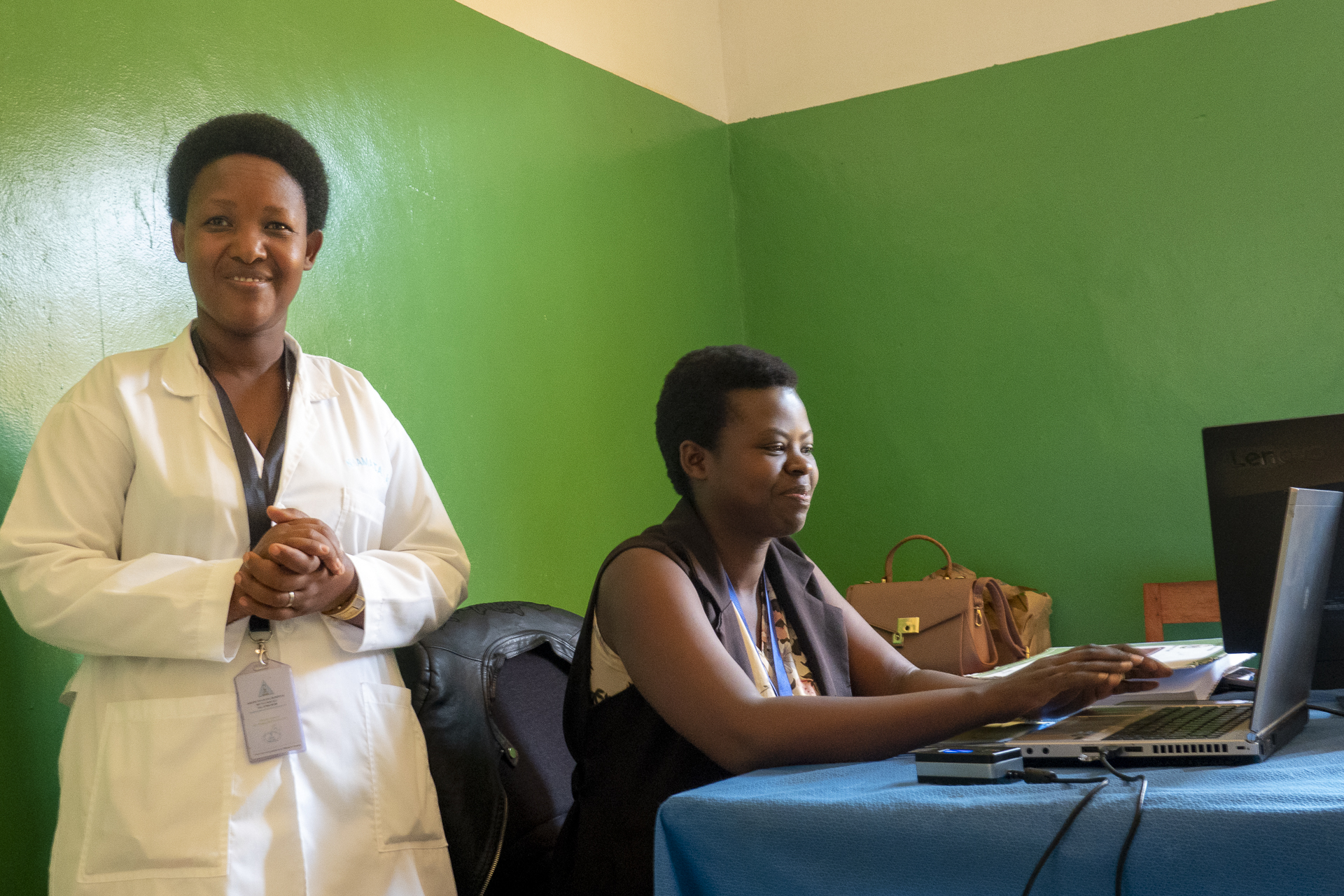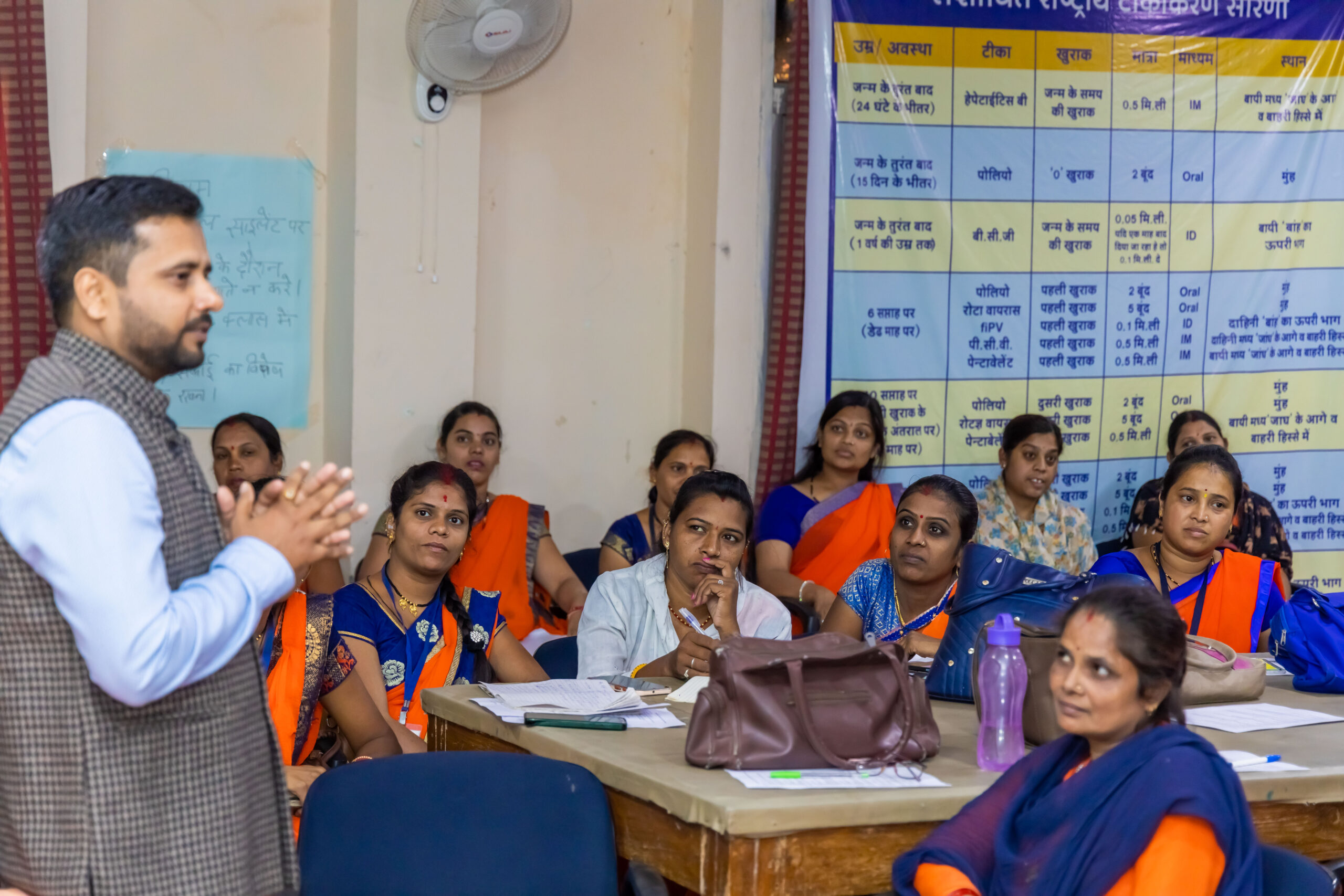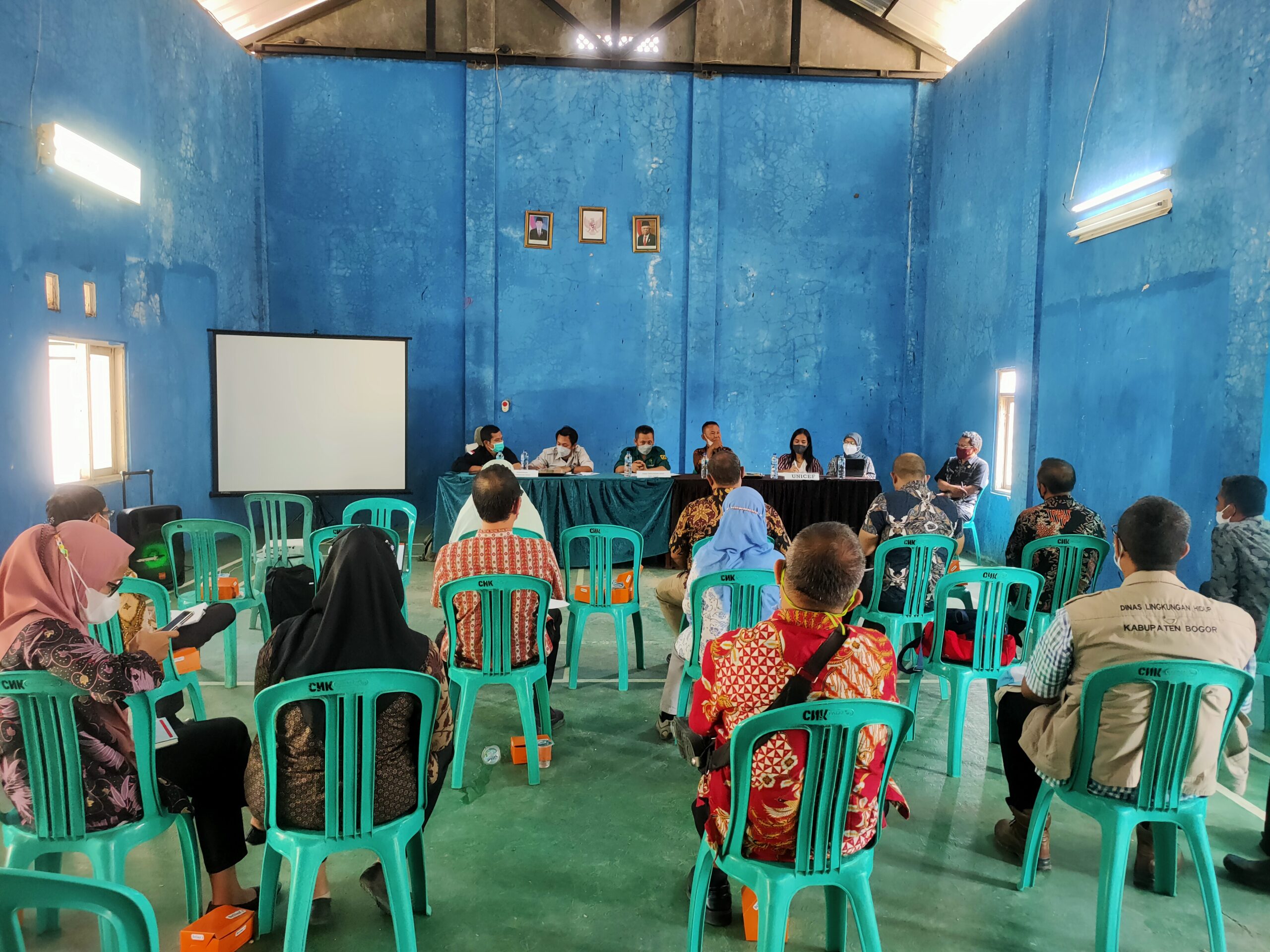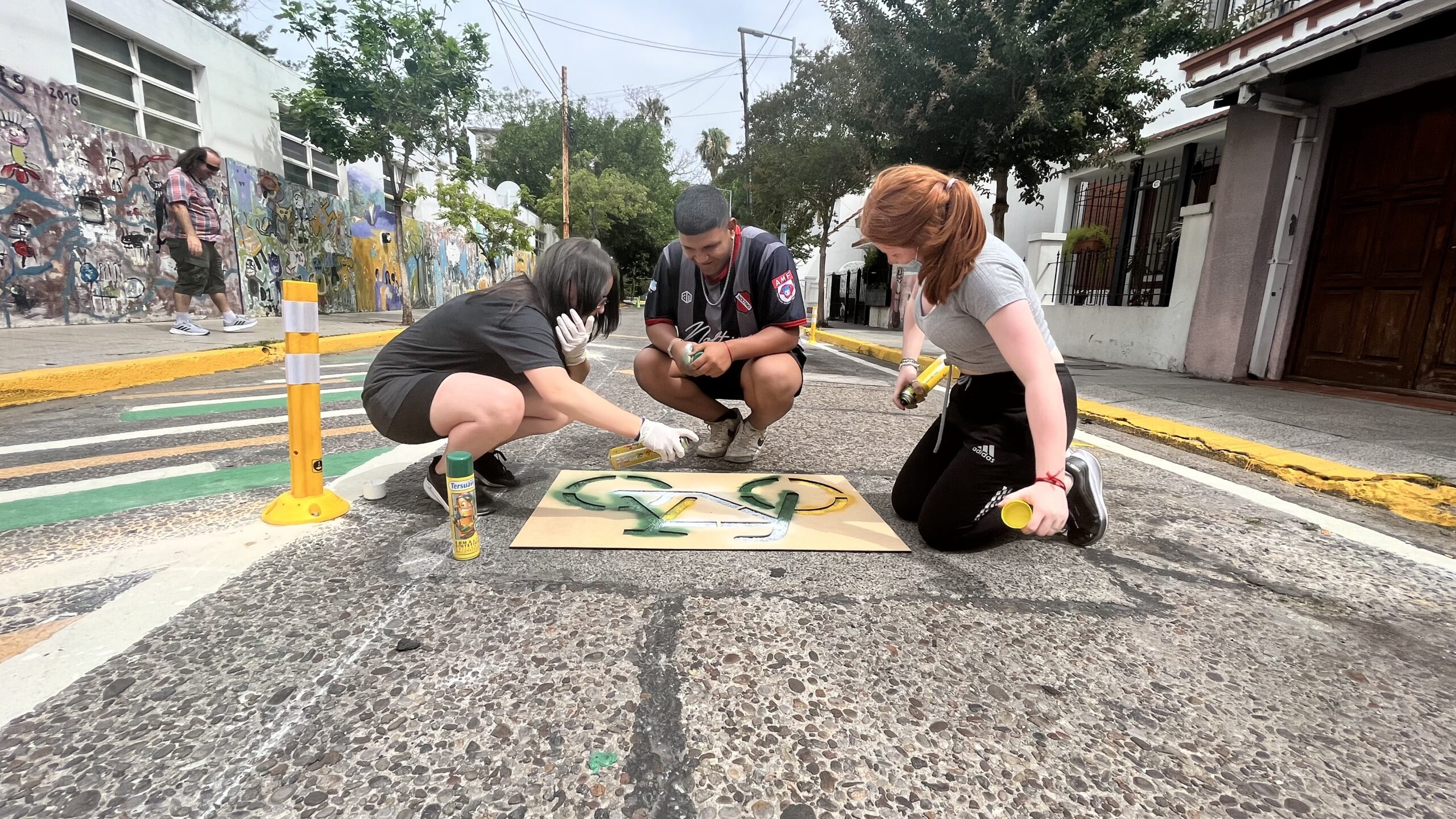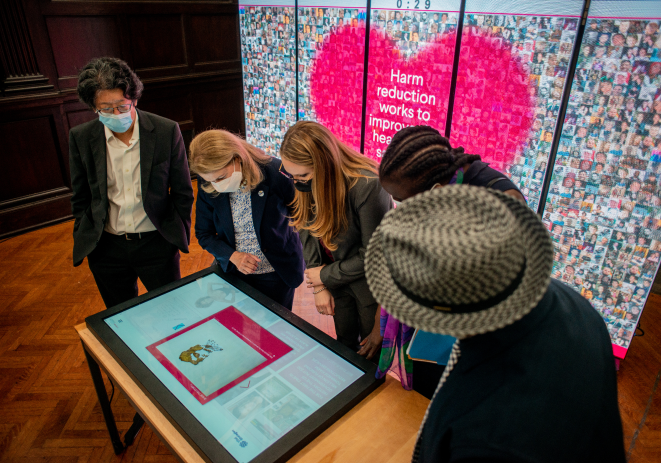2022 Year in Review: Behind the Numbers
Vital Strategies Uncovers Thousands of Online Tobacco Marketing Posts in India, Indonesia and Mexico
Tobacco companies use social media to market their deadly products—often using surreptitious strategies to circumvent marketing restrictions.
online tobacco marketing instances observed in India, Indonesia and Mexico since 2019—30,000 of them in 2022.
Many countries have strong controls on tobacco advertising, promotion and sponsorship, but social media—with its 4.7 billion users—remains a major platform for tobacco companies to hook a new generation. Vital Strategies’ Tobacco Enforcement and Reporting Movement (TERM) uncovers examples of these online marketing tactics, which are often indirect and hard to identify.
What is TERM and how did it uncover thousands of examples of online tobacco marketing in India, Indonesia and Mexico?
In 2019, Vital’s Tobacco Control team in India created a Facebook campaign page to crowdsource tobacco marketing instances. Analysis of the examples collected, along with content systematically collected from social and news media sites, revealed rich insights into predatory marketing practices—the kind of proof governments need to strengthen tobacco control polices. TERM, a real-time digital media monitoring system, was formalized in 2020 and expanded to Indonesia and Mexico late in 2021.
In 2022, TERM’s 12 publications, engagement with policymakers and 98 press mentions drew attention to online tobacco marketing and the need for strengthened policy and enforcement. In the photo, Indonesia’s Secretary General of the Ministry of Home Affairs, Suhajar Diantoro, reads the TERM report on online electronic cigarette marketing in Indonesia.
The TERM real-time digital media monitoring system uncovered 30,312 instances of direct and indirect online marketing of tobacco in India, Indonesia and Mexico in 2022. In India, where tobacco advertising, promotion and sponsorship is banned, 96% of the posts observed were indirect marketing—compared with 79% in Indonesia and 5% in Mexico.
TERM’s reports provide governments and other partners with immediate, actionable data. Special periodic issue reports offer a deeper dive into emerging trends, such as bidi marketing in India.
Impact by country
Mexico
In Mexico, a collaboration between TERM and the National Commission Against Addictions (CONADIC) was initiated in 2022 that will enable them to identify and address lingering online tobacco marketing in the wake of a new law comprehensively banning tobacco advertising, promotion and sponsorship.
India
TERM contributed to national policy discussions in India on enforcing the electronic cigarette ban; extending to online streaming platforms a policy regulating tobacco use in films and TV programs; and monitoring online tobacco marketing on social networking platforms. A 2022 counter-marketing campaign to challenge industry messaging uncovered by TERM reached more than 432,000 people.
Indonesia
Joining forces with its partners in Indonesia, TERM has amplified its findings and pushed for action, adding momentum to existing Ministry of Health efforts such as the drafting of a joint ministerial decree to regulate online tobacco marketing and the establishment of a government-civil society task force to monitor online tobacco marketing.
Monitoring advertising and churning out data for rapid reporting is a novel way of providing policymakers with a ‘dipstick’ into the invisible world of online tobacco advertising. Agile digital media monitoring systems, like TERM, can play a crucial role in complementing current tobacco control efforts to respond to the constantly adapting industry tactics in digital environments, and in targeting counter-marketing schemes such as media campaigns.”
Virginia Arnold
Unit Head, Ambassador Team, Social Determinants of Health, World Health Organization
While India has strong bans on tobacco advertising, promotion and sponsorship, surreptitious forms of tobacco marketing, including surrogate tobacco marketing, are known to still reach consumers. TERM data helps us to better understand this landscape and identify these emerging challenges to meeting our tobacco control goals.”
Dr. L. Swasticharan
Additional Deputy Director General of Health Services and Director (Emergency Medical Relief) at Directorate General of Health Services, Ministry of Health and Family Welfare, India
What does Vital Strategies do?
An artificial intelligence-driven tool gathers data from publicly available posts on purposively identified social media platforms and from online media articles. Data is coded according to a comprehensive codebook developed by the Vital Strategies team in collaboration with local experts, and verified by Vital’s experts and trained coders, lending TERM findings their particular validity and rigor.
In partnership with governments and institutions, we periodically update our keyword-based queries to ensure that the monitoring system evolves with the changing landscape of online tobacco marketing and the policies needed.
Our easy-to-understand country situation reports and special issues reports empower policymakers and advocates to turn results into policy and enforcement action.
We conduct media outreach to help elevate the issue of tobacco marketing on the public and policy agenda. We conduct communication campaigns to expose and counter industry messaging and tactics.
We use AI-driven, expert-verified monitoring.
An artificial intelligence-driven tool gathers data from publicly available posts on purposively identified social media platforms and from online media articles. Data is coded according to a comprehensive codebook developed by the Vital Strategies team in collaboration with local experts, and verified by Vital’s experts and trained coders, lending TERM findings their particular validity and rigor.
We align our research with policy priorities.
In partnership with governments and institutions, we periodically update our keyword-based queries to ensure that the monitoring system evolves with the changing landscape of online tobacco marketing and the policies needed.
We present findings directly to policymakers.
Our easy-to-understand country situation reports and special issues reports empower policymakers and advocates to turn results into policy and enforcement action.
We amplify our results in the media.
We conduct media outreach to help elevate the issue of tobacco marketing on the public and policy agenda. We conduct communication campaigns to expose and counter industry messaging and tactics.
Challenges and Solutions
India has strong laws banning tobacco advertising, promotion and sponsorship, so marketers use indirect tactics.
TERM has helped identify the nature and extent of these types of marketing online—such as brand extensions or surrogate marketing—which was largely unknown. This has included finding that many brand extensions are for ultra-processed foods, which are also a health risk.
In Indonesia, an enabling policy environment has resulted in a flood of tobacco marketing.
Using promotions observed on social media, TERM is able to succinctly explain the tobacco marketing environment, including which products are being promoted and how. TERM data provides policymakers with an overview of the issues and with impetus to address them.
Mexico banned tobacco advertising, promotion and sponsorship in 2021, but enforcement is a challenge, especially online.
By monitoring and reporting marketing instances, TERM provides the Mexican government with an idea of some of the gaps that remain in implementation of the new law.
Our Impact
A paper published in the peer-reviewed journal Frontiers in Public Health in November 2022 offered a look at e-cigarette marketing on social media and provided an idea of where policies have been effective and where there are gaps. The chart at right shows the percentage of all posts observed that referred to e-cigarettes: 6% in India, where e-cigarettes were comprehensively banned; 22% in Mexico, where e-cigarettes were partially restricted; and 72% in Indonesia, where there were no restrictions.
Vital and partners in Indonesia launched a report on online e-cigarette marketing in March 2022. TERM unites partners from diverse angles, including consumer protection, digital rights and public health, behind the issue of online tobacco marketing.
Lasting Results
TERM is continuing to uncover and draw attention to new tactics used to market tobacco online, such as the expansion to non-tobacco products to indirectly market tobacco companies and products, and the use of evolving digital trends, such as the metaverse.
Get Our Latest Public Health News
Join our email list and be the first to know about our public health news, publications and interviews with experts.
